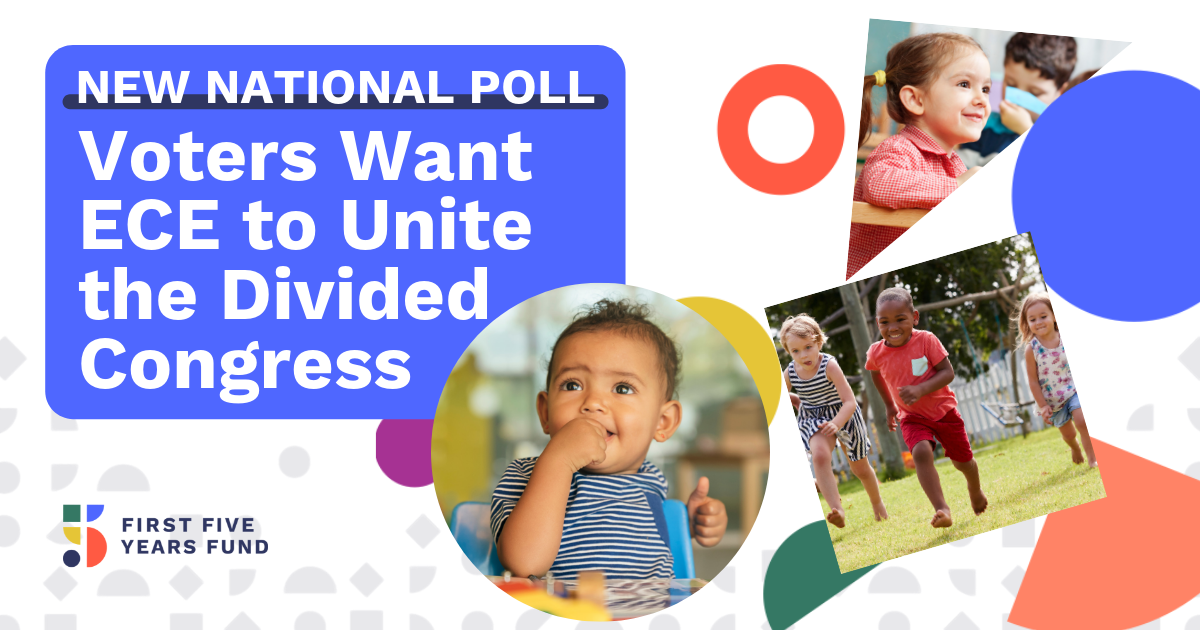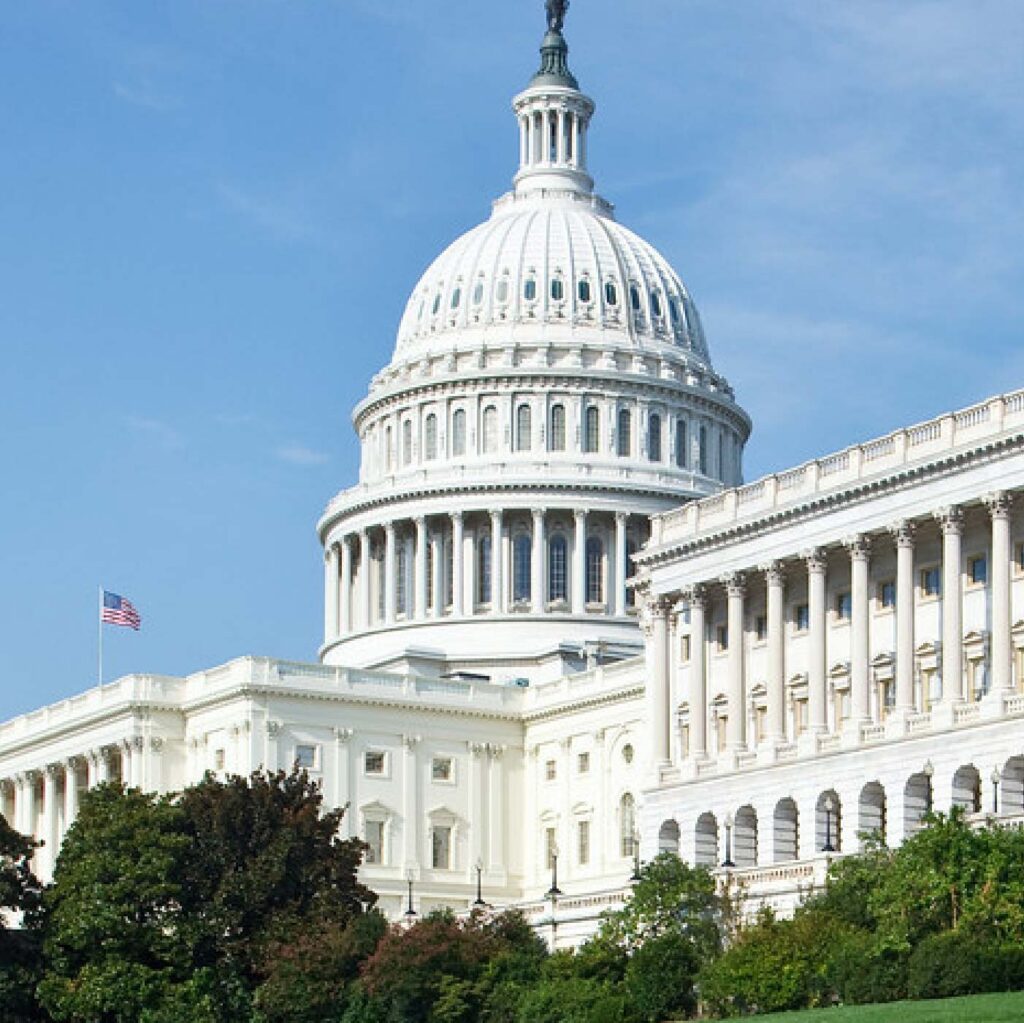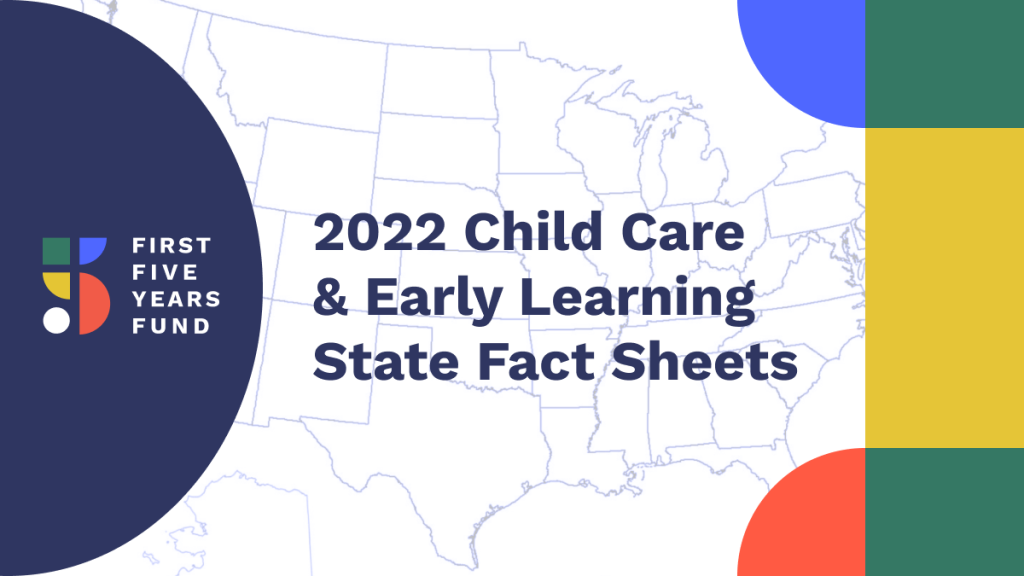FFYF’s New National Poll Shows Voters Want ECE to Unite the Divided Congress

WASHINGTON, D.C. – According to the results of a new bipartisan poll commissioned by First Five Years Fund (FFYF), voters say a divided Congress should have no bearing on lawmakers’ ability to pass meaningful legislation supporting high-quality early childhood education. FFYF’s sixth year of national polling, conducted in the days immediately following the 2018 Midterm Elections, shows Democratic and Republican voters alike expect members of Congress from across the aisle to work together to get things done—and investing in early childhood education opportunities remains a rare issue that has strong support across parties. In fact, voters are less interested in seeing partisans stand their ground than they are seeing them stand up for young children and their families.
“As the new Congress gets underway, lawmakers should look to early childhood education as an issue where they can cut through the partisan divide and accomplish something meaningful on behalf of their constituents,” said First Five Years Fund Executive Director Sarah Rittling. “Early childhood education isn’t just smart policy—it’s also smart politics. Our new poll results make clear that voters care more about making progress on early learning than they do about political ideology—and they’ll be paying attention to what their lawmakers do over the coming weeks and months. Now is the time for Congress to harness the overwhelming bipartisan support for this issue and work across the aisle to find solutions that support America’s young children and their families.”
The results demonstrate voters not only support investments in this critical policy area, they expect their elected representatives to work across the aisle to develop solutions supporting early childhood education and pass meaningful legislation, despite partisan differences in a divided Congress. Notably, voters will be watching to see if members are working together in the new Congress to break partisan gridlock and get things done. This appetite for bipartisan action transcends political party, including 60 percent of Republicans, 60 percent of Independents, and 61 percent of Democrats.
This poll is the latest in years of findings demonstrating a consistent desire among Americans for innovation and investment in high-quality early childhood education opportunities, as outlined in FFYF’s aggregate polling analysis conducted last October.
Additional findings from the poll include:
- Voters identify a critical lack of quality, affordable early childhood education, regardless of their income level. Only 15 percent of voters say most or all local programs available to lower- and middle-income families are high-quality and affordable.
- Democrats (81 percent) and Independents (74 percent) overwhelmingly want to see increased funding for early childhood education, even if it means the Trump administration can take credit for helping children and families.
- Voters are 8 times more likely to have a more favorable opinion of their member of Congress for supporting policies and funding for quality early learning.
The poll was commissioned by the First Five Years Fund in conjunction with a bipartisan polling team of Public Opinion Strategies (R) and Hart Research (D). The sample was distributed proportionately throughout the country and is demographically representative of the electorate.
The First Five Years Fund is the leading bipartisan federal advocacy organization working to ensure all children from birth through age five have equal access to affordable, comprehensive, high-quality care and education to support their healthy development and help them achieve their full potential in school and life. FFYF seeks to expand federal support for all early learning and care opportunities that are high-quality and focused first on serving those children most-at-risk. http://www.ffyf.org
###
Subscribe to FFYF First Look
Every morning, FFYF reports on the latest child care & early learning news from across the country. Subscribe and take 5 minutes to know what's happening in early childhood education.




